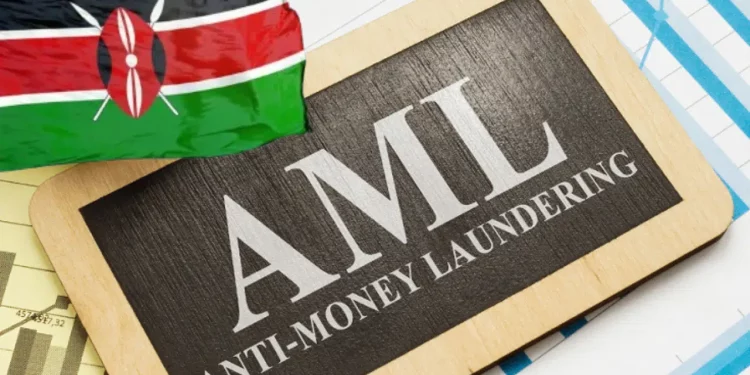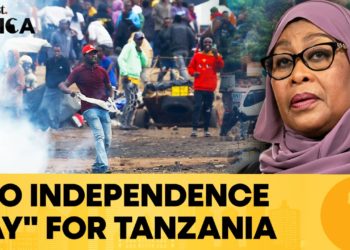In a recent coordinated operation, the global law-enforcement agency, INTERPOL, flagged 14 individuals in Kenya for suspected involvement in terrorism financing using virtual assets including cryptocurrencies. The scheme uncovered involved a suspected money laundering operation through a virtual-asset service provider, valued at approximately KES 55.5 million, with 12 individuals identified and two arrests reported so far.
In a separate case within the same operation, two individuals were arrested for online recruitment of young people from East and North Africa into terrorist groups, with funds traced via a cryptocurrency trading platform to contacts in neighboring Tanzania. This development underscores how extremist groups are increasingly leveraging the pseudonymity and cross-border nature of crypto-assets to fund illicit activities, evade detection and exploit regulatory gaps.
As INTERPOL notes, virtual-asset platforms are becoming channels of choice for moving money outside the traditional banking system, thereby complicating tracking and enforcement. Criminals prefer to use cryptocurrencies instead of the formal banking system to move large sums of money because it carries a lower risk of being detected by law enforcement bodies.
For Kenya, the implications are significant. The country is now confronted with the dual challenges of digital-asset regulation and terror-financing oversight. In response, Kenya recently enacted the Virtual Asset Service Providers Act, establishing a licensing regime where the Central Bank of Kenya will regulate stable-coins and the Capital Markets Authority will oversee exchanges, brokers and trading platforms.
This new law creates a framework to regulate virtual assets and the companies that provide services for them, such as crypto exchanges and wallet providers. It establishes a clear regulatory framework that assigns oversight responsibilities to the Central Bank of Kenya and the Capital Markets Authority. It aims to ensure transparency, security and accountability within the virtual asset ecosystem through stringent penalties, administrative enforcement powers. By assigning duties and the requirement for licensing to the VASPs, the act creates a balanced approach that fosters growth while addressing risks.
The act designates the Capital Markets Authority and the Central Bank of Kenya as primary regulators, mandating all VASPs from crypto exchanges and wallet services to initial coin offering platforms to obtain a license to operate legally. The legislation imposes stringent requirements, including robust Anti-Money Laundering (AML) and Counter-Terrorism Financing (CFT) controls, data protection measures, and client asset segregation to enhance consumer protection and combat financial crime. Severe penalties, including heavy fines and imprisonment for unlicensed activity, act as a deterrent for non-compliance.

















